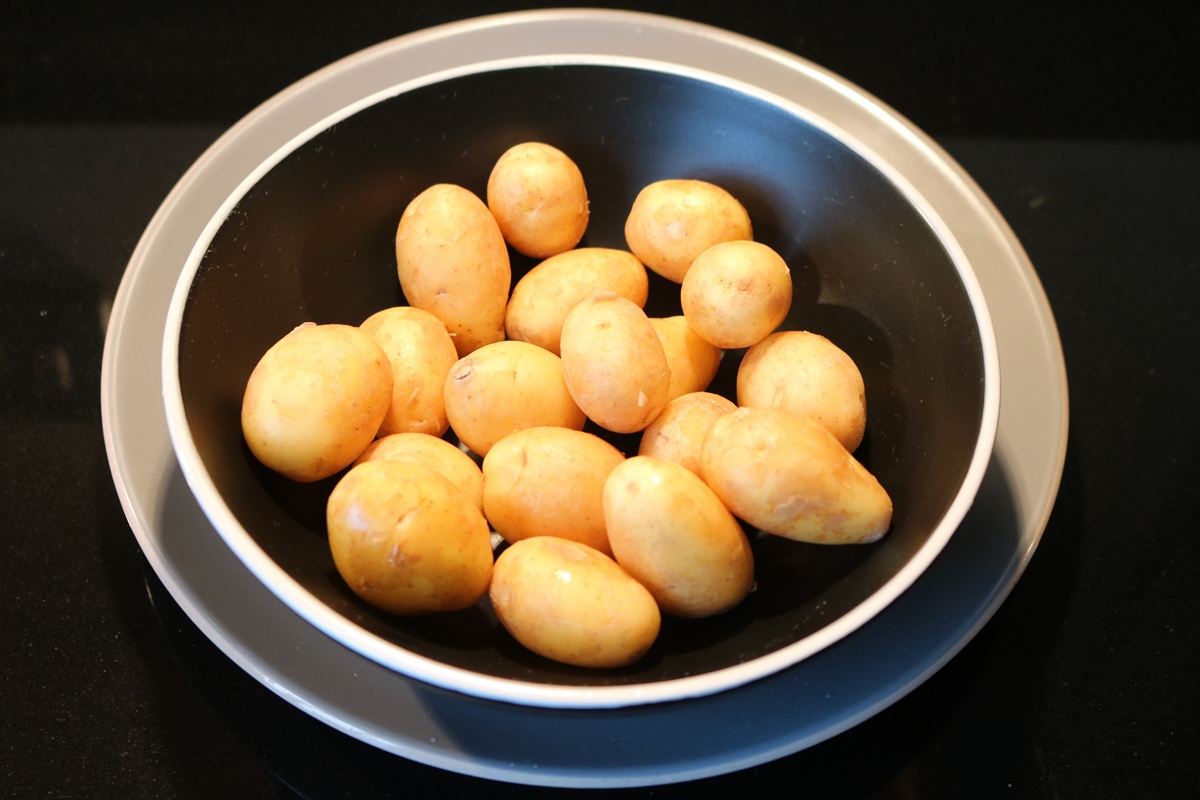
The Poor Potato
I’m feeling quite sorry for the poor potato at the moment as it seems to be being hounded out of healthy eating. First it was eat Paleo, so avoid the carbs – now it’s cut out sugar, so avoid potatoes because they are quick-release carbohydrates.
I feel that we are going too far here and becoming extreme in the way we look at foods. Potatoes have been eaten for centuries long before we had problems with obesity and diabetes and they have been the mainstay of many people’s diets. I’m not saying that potatoes are not high-glycaemic – they are absorbed quite quickly into the body and converted into sugars as all starches are. But potatoes are wholefoods and they are not a wholefood that is likely to be eaten on its own.
Once combined with other lower-glycaemic foods, then they are slowed down in their absorption. So if for instance you put mashed potato on your cottage pie or tuna mayonnaise on your baked potato, the glycaemic index of the whole meal is much lower. Fat, fibre and protein are all dietary constituents that lower the glycaemic index, so adding a salad with your baked potato or some cooked veg with your cottage pie lowers the absorption rate still further.
I don’t think that we should try to avoid wholefoods such as potatoes, just understand how they should fit into our diets. I wouldn’t like to think that I will never again eat roast potatoes with my Sunday lunch, tuck into a warming baked potato on a cold winter’s day, or treat myself to some of my healthy chips.
What I do try to avoid is foods that have been processed. Sugar in its natural form is sugar cane or sugar beet; orange juice is an orange; date syrup is a date; white flour is wholemeal flour. Try to think of how the food grows and how it is processed and try to eat foods in as near their natural state as possible rather than labelling all carbohydrates as bad.
